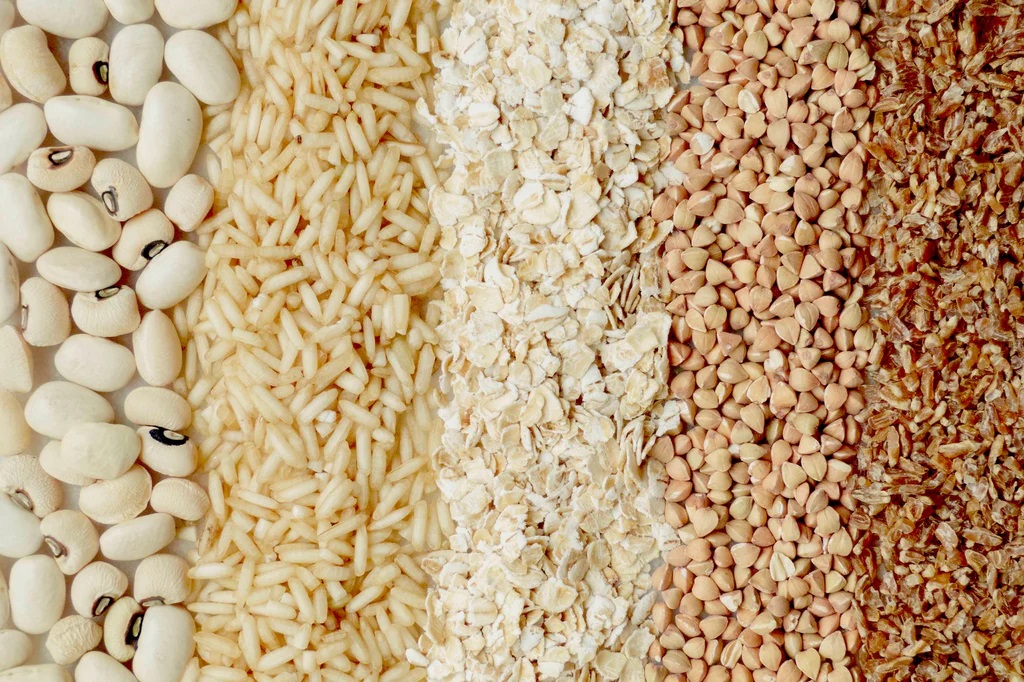The federal government has secured a $134 million loan facility from the African Development Bank (AfDB) to support farmers in boosting seed and grain production across the country, as part of efforts to ensure food security and stimulate year-round agricultural activities.
Minister of agriculture and food security, Senator Abubakar Kyari, disclosed this during the launch of the 2024/2025 National Dry Season Farming programme in Calabar. He said the initiative is under the National Agricultural Growth Support Scheme-Agro Pocket (NAGS-AP) Project and is designed to revitalise dry season farming in Nigeria.
Kyari noted that the loan would play a vital role in scaling up agricultural production nationwide, as the country continues to face food supply challenges. According to him, the federal government has declared a state of emergency on food production, with the aim of improving access to affordable and nutritious food for all Nigerians.
He stated that the government is leveraging the agriculture sector as a driver of national economic recovery, targeting increased output of staple crops such as wheat, rice, maize, sorghum, soybean, and cassava throughout both the dry and wet farming seasons. So far, under the 2023/2024 dry season initiative, 107,429 wheat farmers and 43,997 rice farmers have received government support. Additionally, 192,095 farmers cultivating rice, maize, sorghum/millet, soybean, and cassava were supported during the 2024 wet season in all 36 states and the FCT.
Highlighting Cross River State’s leading role in wheat production, Kyari revealed that over 3,000 wheat farmers in the state are already enlisted to benefit from the dry season farming programme. He said the federal government’s partnership with the state is part of the broader rollout of the 2024/2025 dry season programme.
Kyari announced that the dry season project aims to support 250,000 wheat farmers across the producing states with subsidised inputs, targeting cultivation on 250,000 hectares of land with an expected yield of about 750,000 metric tonnes of wheat. This would be added to national food reserves to reduce reliance on imports and boost domestic supply. Additionally, the programme will provide support to 150,000 rice farmers with an expected output of 450,000 metric tonnes.
On agricultural mechanisation, Kyari disclosed that the National Economic Council has approved the Greener Hope Agric Mechanisation Consortium, a $1 billion initiative that will run for ten years. The project is expected to establish 1,000 agro-service centres and engage 600,000 youths, while also deploying 2,000 tractors annually over the next five years.
In a further move to reduce food prices, Kyari announced the commencement of the sale of 30,000 metric tonnes of milled rice at a subsidised rate of ₦40,000 per 50kg bag. The rice distribution will take place nationwide, with 1,000 trucks—each carrying 30 metric tonnes—expected to inject more volume into the market and lower the cost of both rice and its substitutes.
The minister noted that under President Bola Tinubu’s Renewed Hope Agenda, agriculture remains a top priority alongside improvements in infrastructure, transport, and governance. He added that the ministry is committed to delivering results through effective service delivery.
Addressing recent disease outbreaks, Kyari said the government had disbursed ₦1.6 billion to support ginger farmers in Kaduna and Plateau States affected by ginger blight. He also announced the development of a Ginger Master Plan to promote self-sufficiency and export capacity in the ginger value chain.
Following a Presidential directive, the federal government has also released 42,000 metric tonnes of assorted food commodities from the national strategic reserves to the National Emergency Management Agency (NEMA) for emergency distribution. This includes additional allocations of 20 trailers of rice per state.
To improve nutrition, the ministry has launched a crop fortification programme, enriching food with vitamin A micronutrients.





